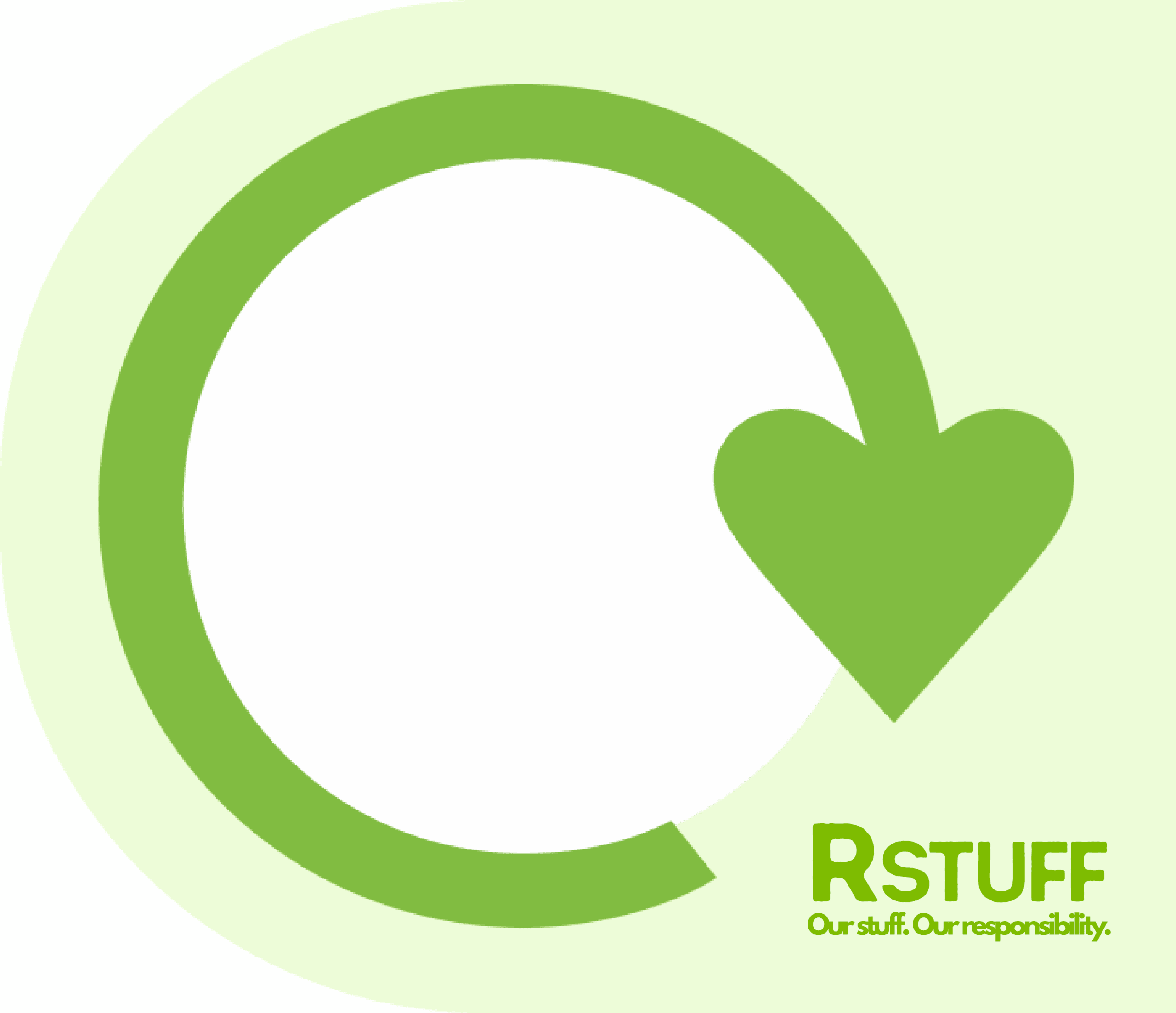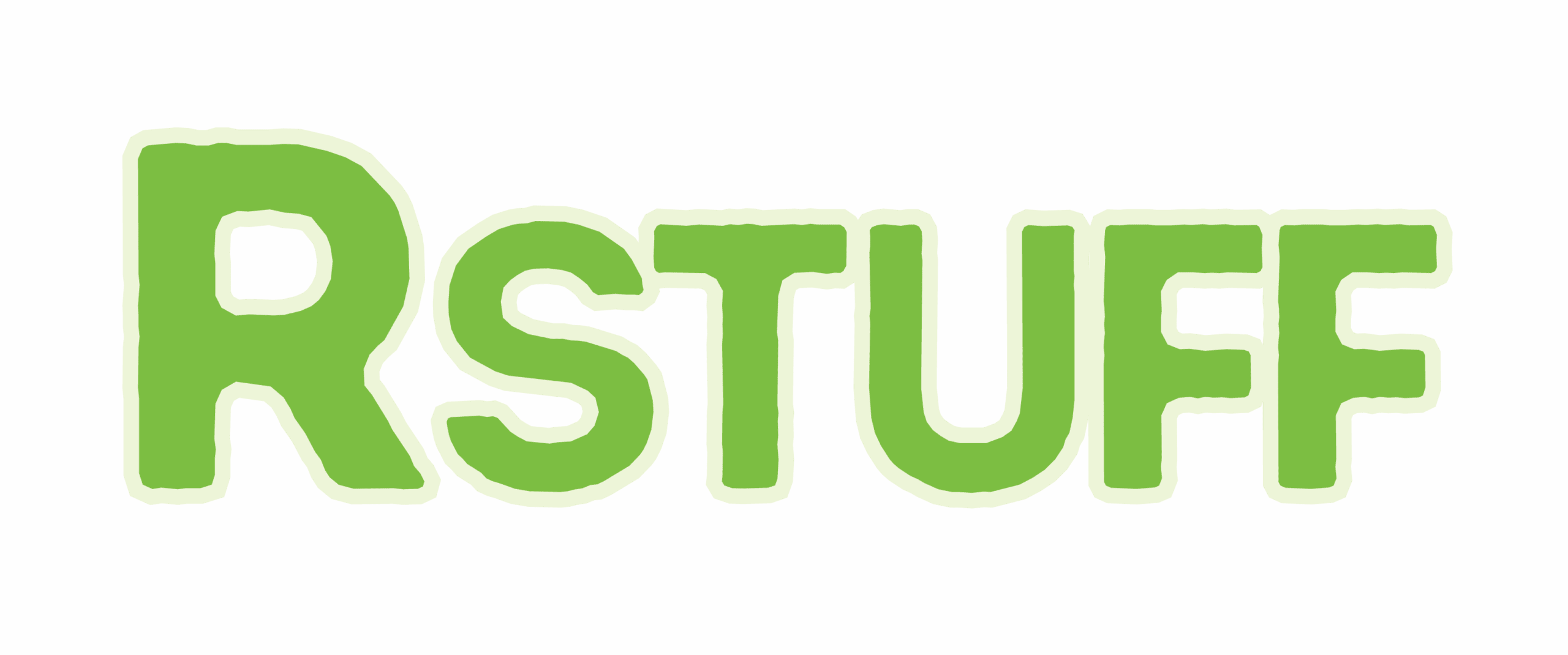
Rstuff is about resource conservation
Why? Because if everyone on Earth lived like the average UK citizen, we’d need 2.6 planets to live the way we do now, and we only have one.
Our current rate of resource consumption threatens both people and the planet. Rstuff exists to help individuals and communities take action – one small change at a time.

Educational resources
Whether you’re a student looking for information for your homework or a teacher looking for lesson ideas, we have the resources to help. Explore our free and easy-to-use resources including interactive adventures, top facts and readily available lesson plans.
Community resources
Whether you’re part of a local group, running a community event, or just want to make a difference where you live, RStuff has tools to help you take action. We provide simple, practical, and engaging resources to help communities reduce waste, use resources wisely, and build a more sustainable future together.
Frequently asked questions
Plastic is durable, light weight and useful in countless ways, but its often used in products that have short lives such as packaging. When not properly managed (put in the bin or recycled) when it comes to the end of its life, plastic can pollute the environment and harm wildlife.
No. Plastic is a valuable material when used wisely, especially in healthcare, transport and construction. The problem is how we produce, use and dispose of it. The goal is not to eliminate plastic , but to use it more efficiently and responsibly.
Banning plastic altogether would lead to unintended consequences. Alternatives may be heavier, less durable, or harder to recycle, potentially creating a bigger environmental footprint. What matters is choosing the right material for the right use and managing it well.
Resource efficiency means using materials (like water, energy, plastic, and metals) in a way that minimises waste and environmental harm. It’s about getting more value from fewer resources while protecting the planet.
The circular economy is a system that designs out waste and keeps resources in use for as long as possible. Instead of a ‘take, make and dispose’ model, it encourages repairing, reusing, recycling, and rethinking how products are made and consumed.
A circular economy helps the environment as it reduces the need to extract raw materials, lowers energy use, and cuts carbon emissions.
If everyone lived like the average person in the UK, we’d need 2.6 Earths to sustain our way of life. This overconsumption drives climate change, habitat loss and biodiversity decline. Reducing our resource use helps secure a healthier future for all.
You can start with small actions like buying less and choosing items that last, repairing or repurposing where possible, recycling right and supporting businesses using circular design and sustainable practices.
Yes. Individual actions, especially when taken by many people, add up. Plus, they set examples for others and create demand for better systems and policies. Collective action starts with everyday choices.
Reuse is better wherever possible; it keeps items in use for longer and avoids the energy needed to recycle or remake them. When reuse isn’t an option, recycling helps keep materials in the loops and out of landfill.
Local councils have different facilities, contracts and equipment, that’s why recycling systems can vary, even between neighbouring areas. Always check your local authority’s guidance for the most accurate information.
About us
RStuff is a resource conservation campaign, focused on helping individuals and communities reduce waste, reuse more, and make informed choices about the materials we use every day.
We believe that small actions add up and together, we can protect the planet for future generations.

